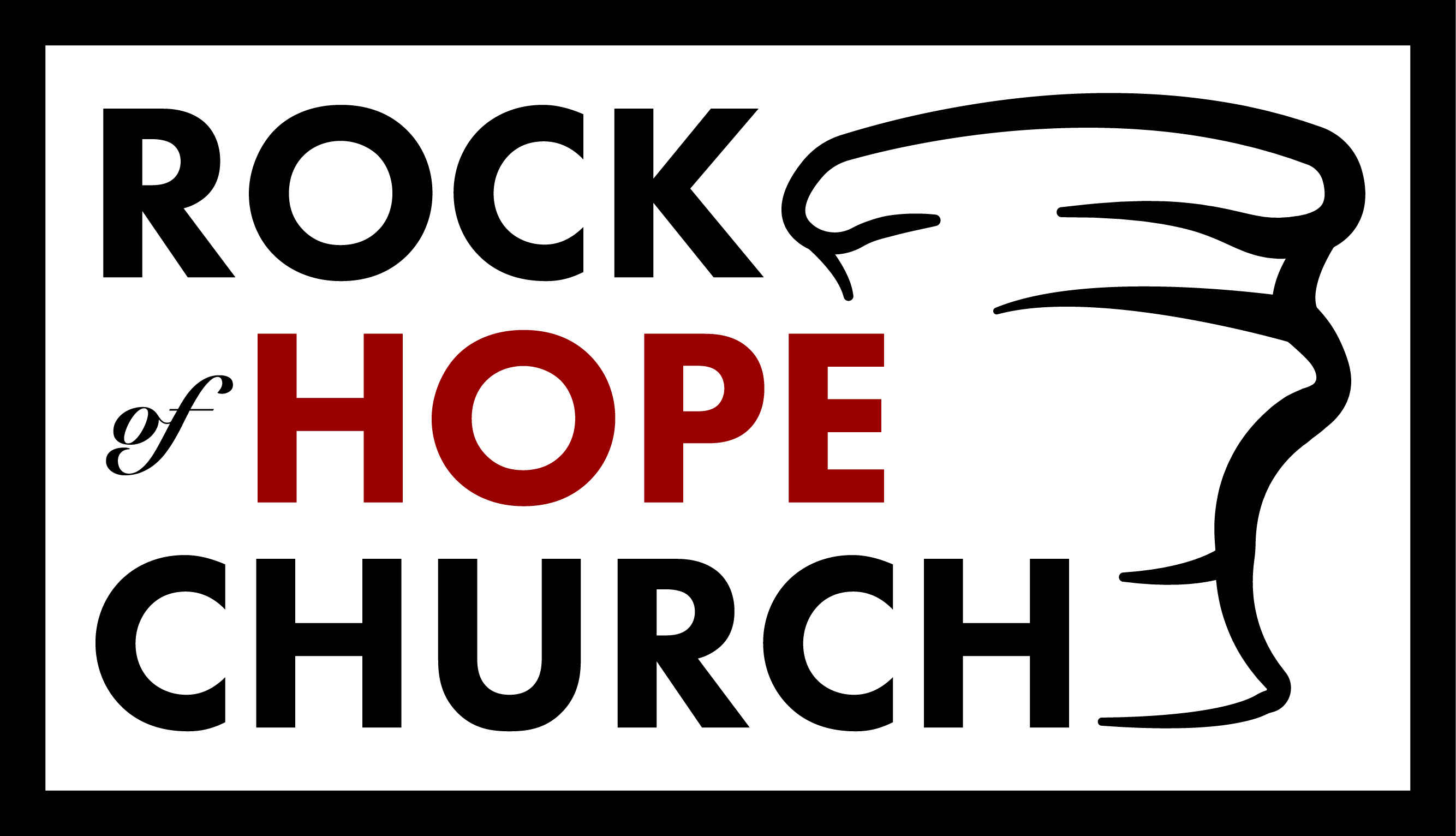How does God respond to protest?
Sometimes the Christian response to protest seems aligned more to Metallica’s statement of parabellum (“To secure peace is to prepare for war, so be it, settle the score…don’t tread on me”) than to a biblical framework of reconciliation.
Since the beginning, the nations raged “against the LORD and against his Anointed (Ps. 2:2),” as those “hostile in mind, doing evil deeds (Col. 1:21).” How did God end the protest? By quelling violence with violence? With inflammatory words? By “settling the score?” No. Rather by initiating and offering peace.
According to Paul, God set to “create in himself one new man in place of the two, so making peace, and might reconcile us both to God in one body through the cross, thereby killing the hostility (Eph. 2:15-16).” Through Christ, God surrendered arms, initiated the process of peace, and invited people into his peace. As Paul continues, “He came and preached peace to you (Eph. 2:17).” Though such peace finds fulfillment in salvific redemption, one’s personal reconciliation to God as the creator of all, pursuits of peace still prove fruitful and advantageous in civil and social contexts.
Surely, for those who resolutely refuse the offer of peace, particularly reconciliation to God, God’s wrath upon rebels remains. In addition, in order to give humanity an existence in relative peace, God authorized governments and associated authorities to bring “judgment,” act as a “terror to [evil] conduct,” “bear the sword,” and “[carry] out God’s wrath on the wrongdoer (see Rom. 13:2-4).”
And those truths are readily leveled against protesters. However, though endowed with the will to choose violence, peoples, nations, and factions that advocate for parabellum apart from the primacy of peace pursuits will suffer the repercussions of being people quick to anger and quick to vengeance, even in the pursuit of judgment against evil. The Scriptures constantly assess woe against those quick to violence (justified or not).
And so, as Christians, do we follow hook, line, and sinker after “leaders” who eagerly and inflammatorily look to violence to quell protest?
Or are we quick to advocate for peace by initiating and inviting protester into peace and promoting biblical reasonable actions against anarchism?
Be aware, peacemaking requires mercy, compassion, understanding, patience, goodness, and all other manner of holy behavior wrought by the Spirit of Holiness himself.
The world needs peacemakers. Who will volunteer?
